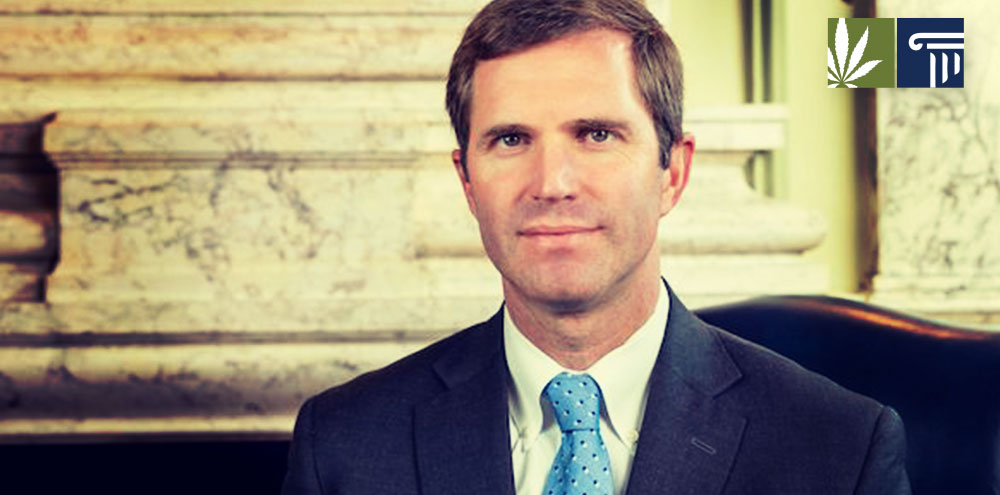Following the governor of Kentucky’s call to legalize medical marijuana at his State of the Commonwealth address, a House lawmaker introduced a bill that would do just that.
“Speaking of laws that unduly restrict us from growth and innovation, it is time to legalize medical marijuana,” Gov. Andy Beshear said during the virtual event, after speaking about the need to modernize Kentucky’s laws to enable more remote government services.
Rep. Jason Nemes submitted the new medical marijuana legalization bill – HB 136 – and was also behind a similar bill that passed the House last year before stalling in the Senate.
“We have the votes in the Senate,” Nemes said to WLKY. “The overwhelming majority of Kentuckians support medical marijuana. It just doesn’t make sense to people in 2021 where someone whose on cancer treatment can’t have access to medical marijuana.”
Nemes’ medical cannabis proposal would allow physicians to recommend marijuana as a treatment for any condition if they think it would benefit the patient’s wellbeing. Upon a physician’s recommendation, patients would be able to purchase up to a 30 day supply of marijuana but would not be permitted to grow their own cannabis plants at home.
The state Department of Alcoholic Beverage and Cannabis Control (DABCC) would be charged with implementing and regulating the market, as well as issuing licenses to prospective medical marijuana dispensaries. Under Nemes’ proposal, medical cannabis would be exempt from the state excise tax but Gov. Bashear has other ideas. He wants medical marijuana to generate sorely-needed revenue for Kentucky, while several top lawmakers have spoken out to say medicine shouldn’t be taxed that way.
“If you’re taking that approach, that it’s a money generator, then you’re not thinking about the medicinal or therapeutic value,” Senate President Robert Stivers II (R) recently said.
Marijuana cultivators, processors and producers would, however, face a 12 percent excise tax on their sales and purchases. Eighty percent of these taxes would go to a medical cannabis trust fund under the stewardship of the state Finance and Administration Cabinet, with 20 percent allocated to local governments’ general fund.
Money collected through licensing and registration fees, as well as penalties, would also end up in the medical cannabis trust fund. Sixty percent of these revenues would go to the DABCC to cover the medical marijuana program’s operational costs, with a further 2.5 percent allocated toward a medical cannabis research grant program. Another grant program to cover local law enforcement costs associated with legal medical marijuana would receive 13.75 percent, as would dispensaries for the purpose of supporting low-income patients. The remaining 10 percent would go toward additional or unforeseen administrative costs.
“It’s encouraging to see that Rep. Jason Nemes and other legislative champions are continuing the fight for medical cannabis in Kentucky,” said Matt Simon, Marijuana Policy Project’s senior legislative analyst. “Last year’s bill was derailed, in part, by the pandemic, but in 2021 there will be no excuse for failing to finish the job and pass HB 136.”






